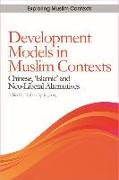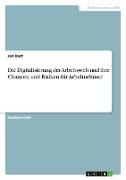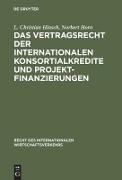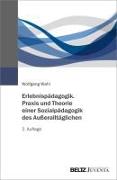- Start
- Development Models in Muslim Contexts
Development Models in Muslim Contexts
Angebote / Angebote:
Established in London in 2002, the Aga Khan University, Institute for the Study of Muslim Civilisations aims to strengthen research and teaching about the heritages of Muslim societies as they have evolved over time, and to examine the challenges these societies face in today's globalised world. It also seeks to create opportunities for interaction among academics, traditionally trained scholars, innovative thinkers and leaders, in an effort to promote dialogue and build bridges.
Exploring Muslim Contexts
Series Editor: Abdou Filali-Ansary
This series seeks to address salient and urgent issues faced by Muslim societies as they evolve in a rapidly globalising world. It brings together the scholarship of leading specialists from various academic fields, representing a wide range of theoretical and practical perspectives.
Development Models in Muslim Contexts: Chinese, 'Islamic' and Neo-Liberal Alternatives
Edited by Robert Springborg
Recent discussions of the 'Chinese economic development model', the emergence of an alternative 'Muslim model' over the past quarter century and the faltering globalisation of the 'Washington Consensus' all point to the need to investigate more systematically the nature of these models and their competitive attractions. This is especially the case in the Muslim world which both spans different economic and geographic categories and is itself the progenitor of a development model. The 'Chinese model' has attracted the greatest attention in step with that country's phenomenal growth and therefore provides the primary focus for this book. This volume examines the characteristics of this model and its reception in two major regions of the world - Africa and Latin America. It also investigates the current competition over development models across Muslim contexts. The question of which model or models, if any, will guide development in Muslim majority countries is vital not only for them, but for the world as a whole. This is the first
Folgt in ca. 15 Arbeitstagen




